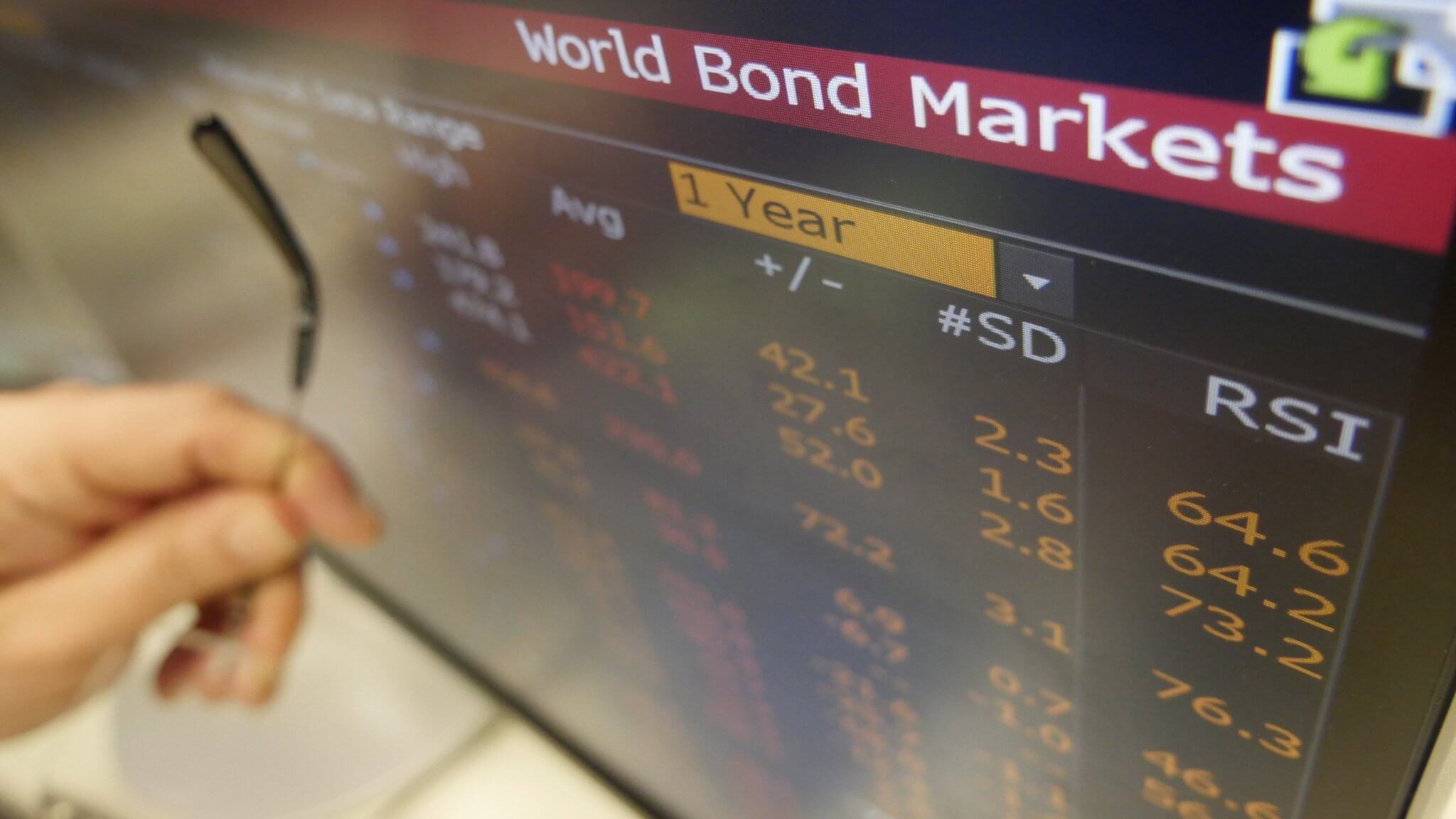Turkey has entered the international bond market for the third time in a year
Turkey has issued around US$1.8bn of securities on the international bond market. This is the government’s third sale of its 2024 bonds. The 8-year bonds offer a yield of more than 7%.
The government has chosen the best time to introduce bonds to the global market. The country’s economic situation has improved significantly since the beginning of the year, and inflation growth has slowed, supporting a positive near-term outlook. JPMorgan, BNP Paribas, and Citigroup arranged the deal.
In the words of Neville Mandimik of Morgan Stanley, the price of the bonds has resulted from an increase in investor demand. Reasonable technical valuations and positive momentum are driving their interest. Demand for the securities is being driven by some other factors, including:
– the decision to postpone the review of the minimum wage until the end of the year;
– the rate of decline in inflation, which was higher than analysts had expected;
– Turkey’s improved rating from Moody’s.
The government plans to raise US$10 billion in loans. To this end, the authorities have resorted to selling bonds on the international markets. It is worth noting that investors used to be cautious about Turkey. However, in 2024, President Erdogan and the central bank revised the strategy to overcome the crisis. After unsuccessful attempts to control inflation, they decided to use traditional monetary methods. This approach has already yielded results, although the problem remains extremely serious. Turkey’s inflation rate is over 70%, one of the highest in the world.
Forecast for the economy
The economy grew by 5.7% in the first quarter of 2024. According to analysts, the main driver of this growth is the increase in domestic demand. However, experts predict a slowdown by the end of 2024 due to the tightening of monetary policy. The forecast for the country’s economic growth over this period is 3.2%. The Turkish government puts the figure at 4%.
According to the country’s finance minister, the results of the second and third quarters show that the economy is in balance:
1. The central bank has raised the discount rate by 4,150 basis points between June 2023 and this year.
2. The last revision was in March 2024, when the regulator raised the rate by 50%.
3. The bank justified its decision by citing a worsening inflation outlook.
Analysts expect Turkey’s inflation rate to rise to 75% by the end of the current period. In the second half of the year, this indicator started to decline due to the tightening of the policy. In April, the inflation rate reached 69.8%. At the same time, GDP grew by 2.4% in the first quarter. This is encouraging, given that this was the period when the government changed its measures to curb inflation.










